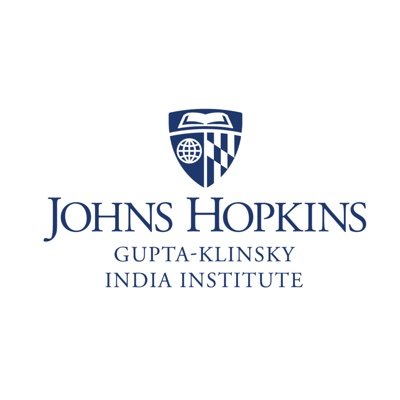
Link to article: https://indiainstitute.jhu.edu/news/news-2025/news-from-gkii/richard-chaisson-faculty-spotlight/
This is a written profile about the Director of the Center for TB and AIDS Research at Johns Hopkins University (JHU), Dr. Richard Chaisson. It was published on March 24, 2023 by the Gupta-Klinsky India Institute at JHU.
The Zero TB in Tibetan Kids Project
Since 2008, Chaisson has been working with the Tibetan refugee population in India, where children are five times as likely as Indian children to be diagnosed with TB. To combat this, he and his colleague Kunchok Dorjee, MBBS, PhD, developed a program, Zero TB, that aims to strengthen the Tibetan refugee health care system and reduce the burden of tuberculosis in the population, particularly in children.
“Tibetan refugees in India have had high rates of tuberculosis for the last 50 to 60 years, and they haven’t had a governmental program that’s been able to adequately address it until we established the program with them,” Chaisson said. “The major impact of our program has been that we’ve greatly reduced drug resistant tuberculosis, and we’ve reduced the rates of tuberculosis in school children by almost 90% in the last four years, despite the COVID-19 pandemic. We’ve accomplished this by working with the schools, with the government in exile, with the community, with religious leaders, and with the Tibetan hospitals.”
Chaisson notes that most Tibetan children attend boarding schools that, while providing them with a great education and nutrition, are also prime environments for transmitting respiratory infections like TB. Congregant living facilities, poor ventilation, and the weather all play a part.
“We introduced a program where we screened and treated the children who have TB. We also screened children who have been infected with TB, but aren’t sick from the disease yet, and we give them preventive treatment,” he said. “We haven’t reduced it quite as much in the adult population because it’s a slower process, and children are a unique population when it comes to TB.”
He explained that many people who have TB could have been infected decades before and only get sick because of something that suppresses the immune system, like cancer treatment, diabetes, or HIV. Because TB infection in children is relatively recent, intervention make a bigger difference.
“One important part of our work has been the participation of the His Holiness the Dalai Lama in our project. He’s given it his blessing and endorsement and even made videos for us to take to the schools and play. He tells the children how important it is to get the TB testing and take their treatment if they need it. That’s just been an extraordinary experience,” Chaisson said. “We’ve accomplished a lot with children and that’s very gratifying, and we’d love to see the same kind of impact on adults, but it just will take a lot longer.”
“The most challenging part is that things don’t happen very quickly with TB, it’s a very slow-moving bug and everything with TB moves slowly. If you try to grow it in the laboratory, it takes a couple of weeks, as opposed to growing other bacteria, where it takes a day. It’s also slow to treat it right now. The standard treatment is six months, and we don’t have any other infection we treat for six months, with some fairly unusual exceptions,” he said. “If you get pneumonia, you get treated in less than a week. If you get a bladder infection, you get treated in two to three days. With COVID, treatment is now 5 days. It’s not six months, so when you’re doing a study of new treatments, if the standard treatment takes six months, a study takes years.”

